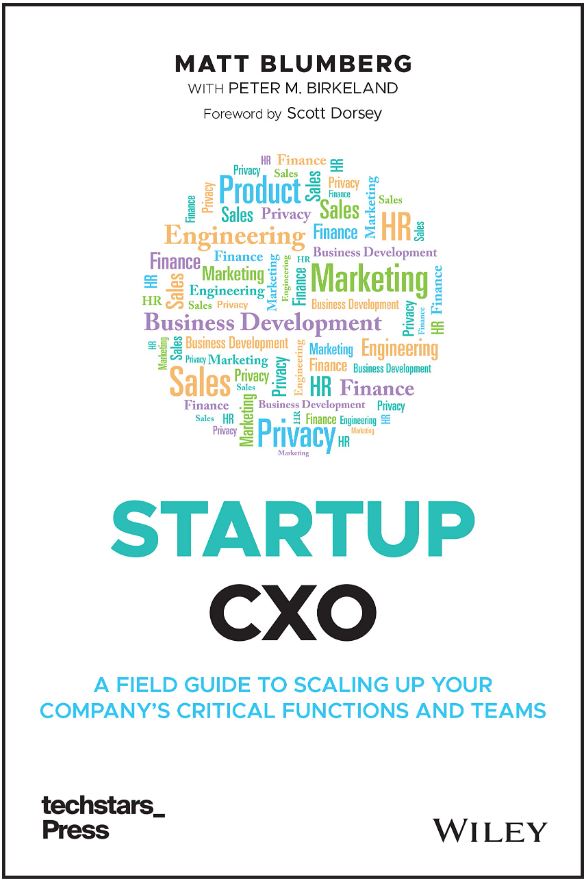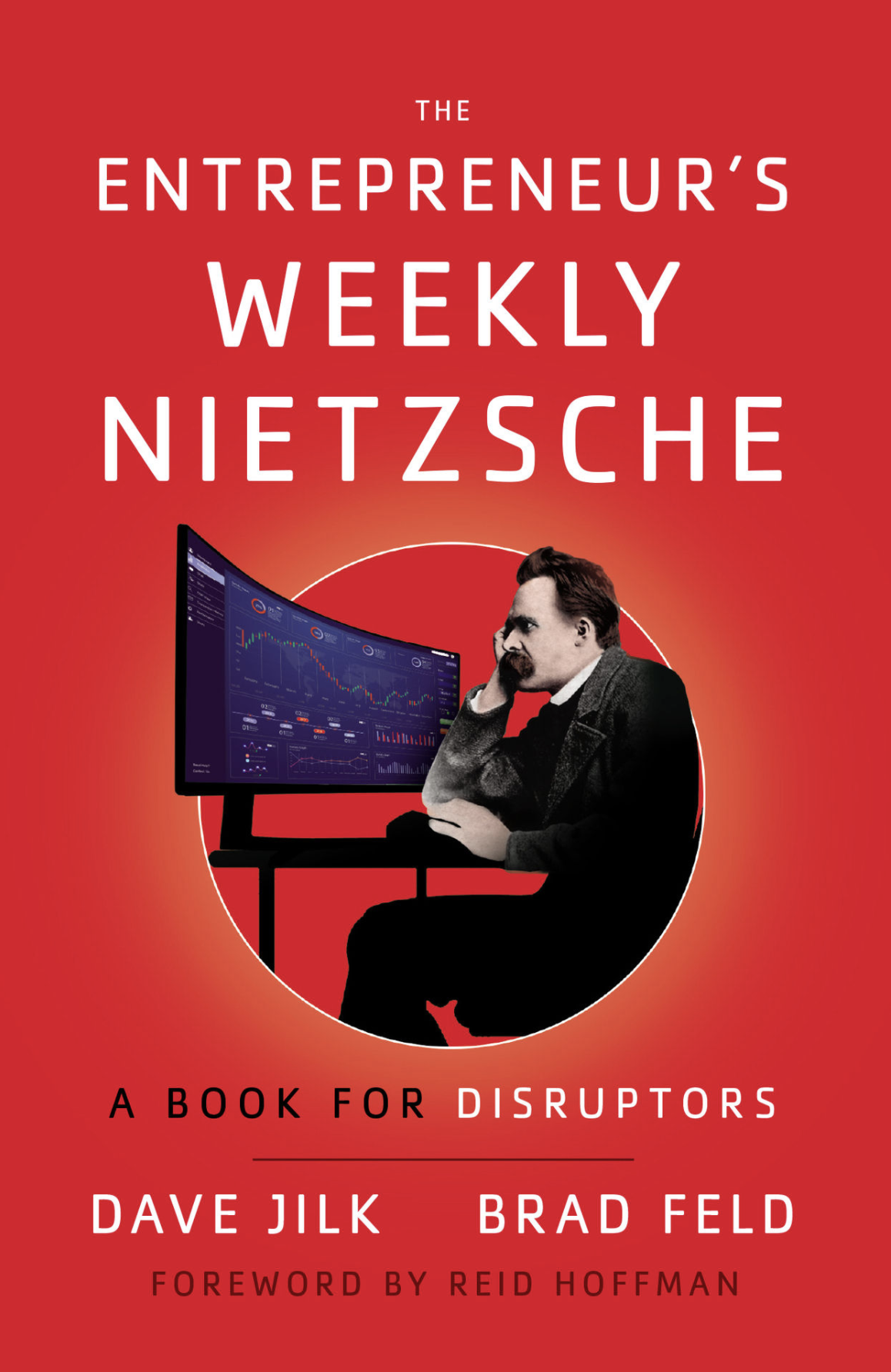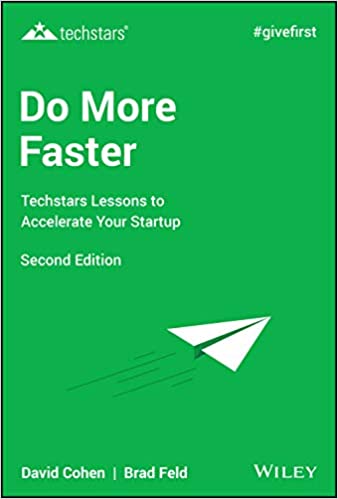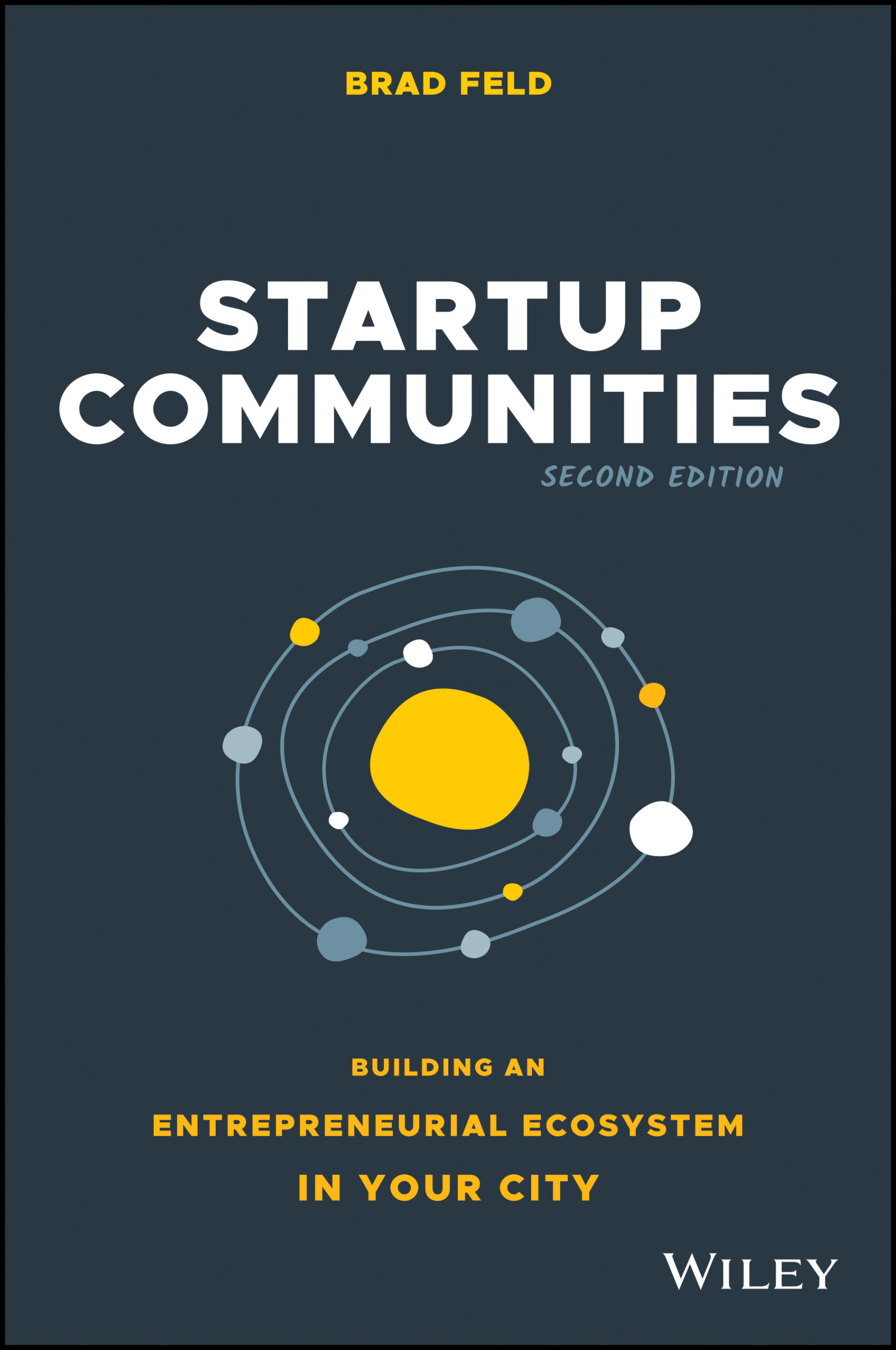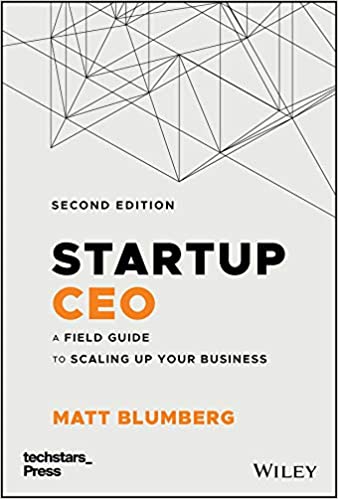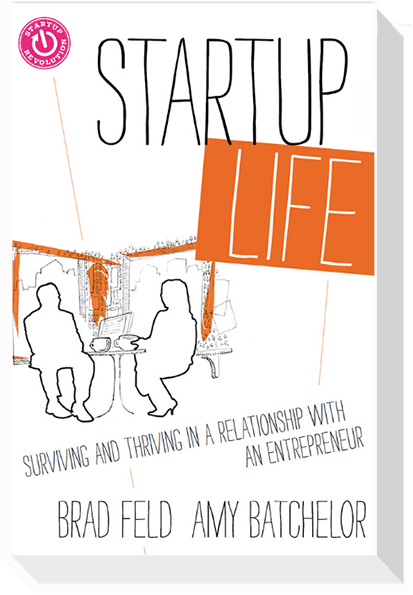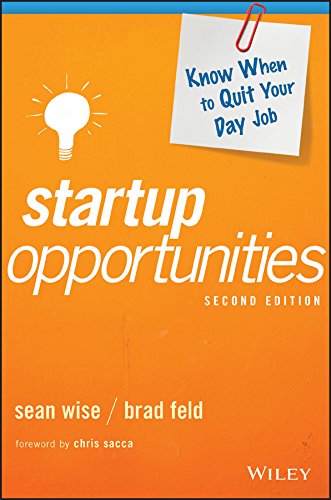How Angels Without Tech Experience Can Vet Tech Companies
Q: My partner at Roaring Fork, Lee Lemon, is based out of Fort Wayne, IN where he is helping promote a startup community. There are many potential angel investors Lee knows in the area (some quite significant), but most of their experience comes from manufacturing, real estate, and some medical. They want to invest in tech, but feel they just don’t have the expertise to vet opportunities in that sector. How can the tech community help these angels?
One of the powerful things about startup communities that embrace the philosophy of “give before you get” is how easily n0n-tech angel investors can engage with tech related entrepreneurs. If the tech-related entrepreneurs recognize that they will help expand the startup community by helping the angel investors understand what and how they should invest in, magic can happen.
Here’s the way it works. You’ve got a bunch of wealthy business people who made money in non-tech businesses. They are excited about investing in tech-related companies, but they have no idea how to evaluate things. Several of the local tech entrepreneurs, who have both experience and resources to invest, can start leading the charge on a few tech-related angel investments. They hold their hands up to help evaluate the companies for the non-tech angels, and commit to investing their own money, even if it’s a modest amount ($5k or $10k per deal is fine), in the companies they choose.
More importantly, the tech-related entrepreneurs now turned angels do not take anything additional – either equity, fees, or an expectation of any quid pro quo – from the non-tech angels. This is the key – the tech entrepreneurs have to build trust and community with the non-tech angels. So they should be completely aligned financially, and playing a long-term game of getting more non-tech angels into the mix. This is give before you get at its core – you are “giving your time, energy, and credibility” with an effort to increase the size of the angel community, which will increase the startup community, which will pay off in the future in many ways.

